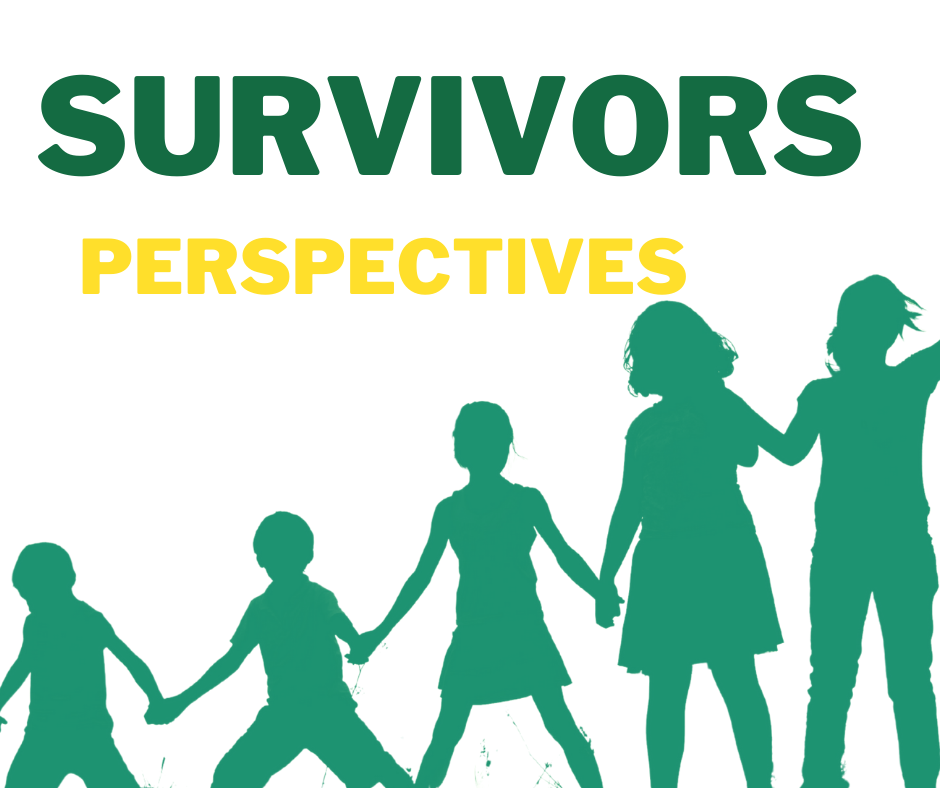
Experts and policy-makers are understandably hesitant to engage survivors – for fear of causing further distress or harm. There is no doubt that doing so raises a lot of ethical questions. However, centring survivors’ perspectives is critical to informing and refining preventions and appropriate responses. We have a responsibility to find ways to do this safely.
Our research requires careful thought and preparation to ensure that the best ethical practices are being used. Because the research involves children, we have added responsibilities to do the absolute best by them.
ECPAT International, via a global working group with our network members, developed clear and practical guidelines to direct researchers through the necessary steps to design a project in this sensitive area.
The Guidelines for Ethical Research on Sexual Exploitation involving Children include a series of ‘ethical tasks’ that we have found helps research involving vulnerable children to be conducted properly.
“And what are you going to say to the police, that you undressed yourself?”
(Conversation Participant, Moldova)
“I did not open up to my teachers because you know very well that in small towns if you
talk about sex you are branded as a ‘whore’ who is well past salvation. To them it was
inconceivable that a girl my age would discuss sexual relations, and even if a girl were to
speak up, others would think that ‘you like it like that’… Imagine for a moment if I were to tell
them ‘they want to force me to have sexual relations against my will’!!! But why? Because I’ve
had sex with my boyfriend when I was 14 or 15 years old! Ahhhh!”
(Conversations’ Participant 1, Albania)
“Sexuality is not talked about in the family, parents with their children, at school, teachers,
if sexuality is talked about more frequently, children would not see it as sin, as bad and they
would not be deceived so easily.”
(Conversations’ Participant 4, Colombia)
To address a global gap in the research, we have developed the ‘Survivor Conversations’ approach, a carefully designed way of conducting research with survivors of child sexual exploitation and abuse.
‘Survivor Conversations’ have been tried and tested in a number of our projects in more than a dozen countries over the last few years. The method is a safe way to engage children and young people in the dialogue on child sexual exploitation and harness their advice and recommendations for solutions.
Survivor Conversations are:
You can read our detailed methods paper outlining the ‘Survivor Conversations’ as it was used in the Disrupting Harm project.
The ‘Survivor Conversations’ method was also used as part of our Global Boys Initiative. You can see the method reflected in the reports for Thailand, South Korea, and Hungary (see reports at the bottom of this page).
“Knowing about cybercrimes – that would have made me stop a bit and I would have realised that what was happening to me was that I was being the victim of a crime. For us as young people it is important to recognise the strategies that these people use to manipulate and deceive and thus achieve to identify and stop them, not knowing how they act gives them an advantage to be able to deceive us.”
(Conversation Participant, Colombia)
“Even the psychologist from that school, I remember that there was one who gave us guidance and she knew everything and did nothing. I went to her and talked to her about various things but the same, I never felt confident because she knew everything. I knew it was wrong but I didn’t really know why or what.”
(Conversation Participant, Mexico)
“At first the police were not very interested. I remember when I went to the police, they looked at me like I was nobody. It seemed to me that they didn’t care that I came to them and that I was a minor. Then came the psychologist and I felt a kind of support. But the police seemed to be making fun of me.”
(Conversation Participant, Moldova)
During 2020-21, ECPAT International engaged in a six-country research project in partnership with the WeProtect Global Alliance and our members in:
Albania
Colombia
Bosnia and Herzegovina
Moldova
This innovative project used the ‘Survivor Conversations’ approach in five out of the six countries to firmly centre young survivors in research on the increasing problem of child sexual exploitation and abuse online.
The research was conceived to centre the perspectives of survivors on the availability, quality and effectiveness of support services for children who have been subjected to sexual exploitation and abuse online.
The specific objectives were:
The reports and briefing papers drawn from the survivors’ accounts can be found below.
Survivors’ perspectives about their experiences of sexual crimes during childhood continue to be rarely centralised in the dialogue – there is surprisingly little research directly conveying their experiences of child sexual exploitation and abuse or the responses they receive.